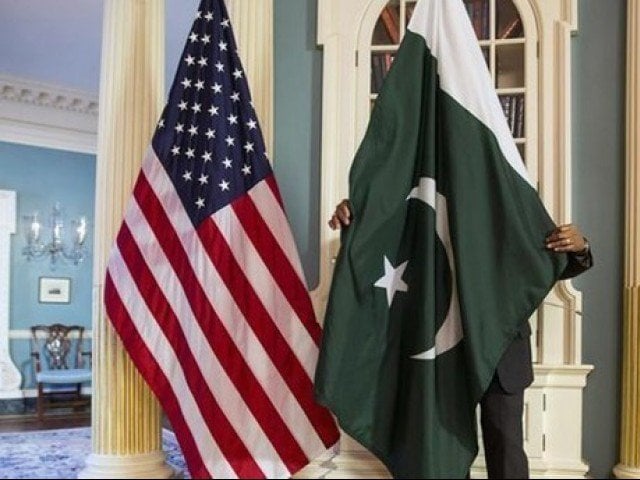The United States must move on from the “trauma” of two decades of war and step up counterterrorism efforts to face growing threats from Afghanistan and Pakistan, a study said.
The study group, led by former senior US policymakers, made clear it was not advocating a return to America’s longest war which ended when President Joe Biden pulled troops from Afghanistan in 2021 and the Taliban regained control.
But it said that, after the overwhelming focus on counterterrorism following the September 11, 2001 attacks, the pendulum “appears to have swung in the opposite direction” as the United States focuses on competition with China, Russia’s invasion of Ukraine and the Israel/Hamas war.
“Both decision-makers and many who have laboured within the national security agencies show signs of something like collective trauma resulting from a 20-year-long counterterrorism effort,” said the study group, convened in 2022 under the US Institute of Peace.
“The tragic end of US involvement in Afghanistan has also made it a toxic issue, reinforcing inclinations to keep the region off the policy agenda and the public’s radar,” it said.
But it said that extremist movements are “gaining strength in ways that threaten US and allied interests” and have found a “range of new opportunities for regrouping, plotting and collaborating” in Afghanistan.
It pointed to the ISIS-Khorasan, Taliban rivals who have nonetheless found a haven in Afghanistan and were implicated in a major attack in March in Moscow, and the Tehreek-e-Taliban Pakistan (TTP), which has been waging an armed campaign against Islamabad.
The report called on the United States to be “less restrictive” on the use of force against threats in Afghanistan — not a return to conventional war but pursuing military action against direct threats identified to the United States.
It also called for the United States to consider “shows of force” such as flying drones to pressure Taliban leaders to sever persistent ties with Al-Qaeda.
Noting a drop in US intelligence and capabilities since the withdrawal, the study called for the United States again to work with Pakistan, including on fighting militants and securing long-term US access to Pakistani airspace.


